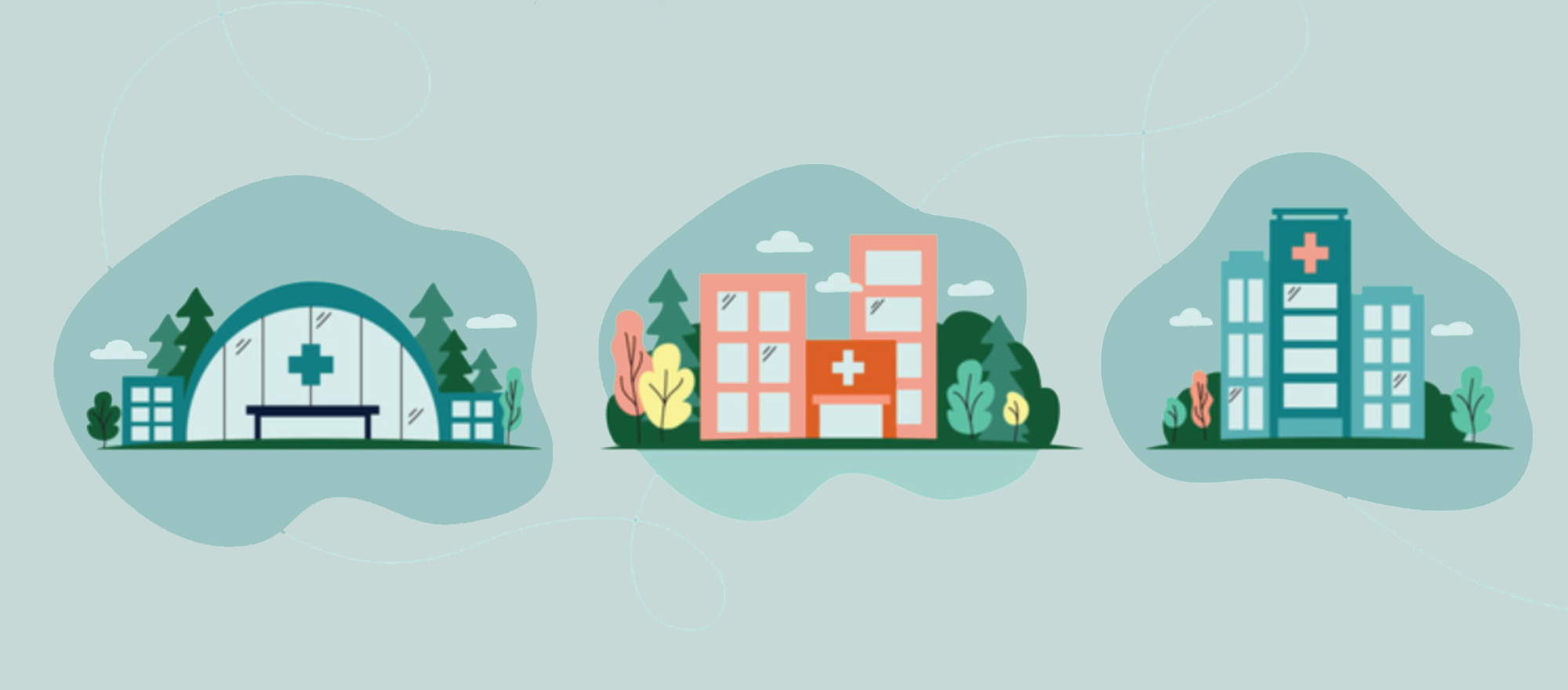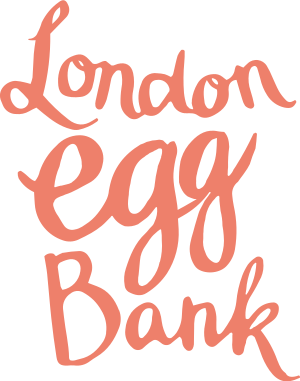
This is Marta's signature. Lorem ipsum dolor sit amet, consectetur adipiscing elit. Nullam eu pharetra erat. Nullam ullamcorper ornare tristique. Etiam viverra ipsum ipsum, sed iaculis ligula viverra in.

Vestibulum dapibus quam a nunc condimentum, at venenatis quam dictum. Class aptent taciti sociosqu ad litora torquent per conubia nostra, per inceptos himenaeos.

This is Marta's signature. Lorem ipsum dolor sit amet, consectetur adipiscing elit. Nullam eu pharetra erat. Nullam ullamcorper ornare tristique. Etiam viverra ipsum ipsum, sed iaculis ligula viverra in.

Will we need to go abroad for donor egg treatment?

This is Marta's signature. Lorem ipsum dolor sit amet, consectetur adipiscing elit. Nullam eu pharetra erat. Nullam ullamcorper ornare tristique. Etiam viverra ipsum ipsum, sed iaculis ligula viverra in.

Vestibulum dapibus quam a nunc condimentum, at venenatis quam dictum. Class aptent taciti sociosqu ad litora torquent per conubia nostra, per inceptos himenaeos.

Navigating the many decisions you'll need to make when considering the path of donor egg IVF treatment can initially seem overwhelming. At London Egg Bank, we aim to give you the support and information you need in order to get your best chance for a successful pregnancy.
Some of the questions we’re most often asked are about the advantages of UK-based egg donor treatment as opposed to treatment undertaken outside the UK. Here are six things to consider when looking at the
options of treatment at home or abroad.
Are there enough available and suitable eggs in the UK?
London Egg Bank has no waiting list for egg donors, with a large and growing choice of UK-recruited donors from very different backgrounds. With a rigorous screening process in place for our donors, you can be sure that all of our donors meet the Human Fertilisation and Embryo Authority (HFEA) strict standards.
We hold the largest selection of frozen donors in the UK, with over 20,000 eggs frozen, and you have access to browse our donor catalogue with online and personalised search options available.
All ethnicities are available without a waiting list, and new donors with detailed profiles on ethnicity, age, physical type and interests are uploaded every week, so you should be able to find a suitable match without unnecessary delay.
Will the donor be anonymous?
From 2005 in the UK any donor-conceived child has the right to access identifying information about their donor, via the Human Fertilisation and Embryology Authority (HFEA), at the age of 18.
At London Egg Bank we support you in informed decision making to give you a clear view of long-term implications for the whole family, openness about donor conception and parental confidence in choices
made.
Treatments undertaken outside the UK are unlikely to be governed by the same rigorous regulatory framework that exists in the UK. Access to information about a donor may not be available to your child in the future if the egg donor treatment took place abroad, dependent on which country the treatment takes place in.
You should know that you aren’t alone in this decision-making process, and that advice and guidance is available from organisations and other families who have been in your position. The Donor Conception Network is a good starting point for further information.
How regulated is the egg donation process in the UK and other countries?
Due to the HFEA regulatory framework, there is a high level of transparency and accountability in the UK, which is very clearly laid out for ease of understanding.
Using a UK licenced clinic means the donor has no rights or responsibilities to any children conceived, and donors are given counselling to fully understand the commitment they’re making. There is a 10-family limit in the UK, which means that no more than ten families can benefit from using the same donor. The UK hold the longest-running register of fertility treatment data in the world - 'The Registry’. All clinics in the UK will report all fertility treatments and any registered donor, enabling tracking the number of offsprings for each donor overall. In contrast, many countries don't have national databases.
“We are also keen to treat our donors well, providing emotional counselling as well as practical support, to make donating eggs a positive process for them."
- Marta Wolska, London Egg Bank Manager
Availability of treatment can vary from country to country, with some family combinations such as same sex couples or single women unable to access treatment due to local legislation.
Is it safe to have donor egg treatment outside the UK?
Many people do have safe and successful treatment overseas, but there are significant differences to fertility treatments, so it’s important to do your own thorough research.
The biggest risk to health for mothers and babies is multiple pregnancies, where twins or triplets are expected. In the UK it’s best practice to transfer one embryo for most pregnancies, but this may not be the case in other countries. Pay particular attention to a clinic’s approach to embryo transfer and assess how this affects the success rates criteria that are presented.
Local healthcare and general conditions and standards will differ dependent on which country you choose, so you should consider having specialist medical insurance in place in case of any issues or complications you might encounter.
Is it cheaper to get donor egg treatment abroad?
We’re very transparent about the costs you’ll encounter for all of our treatment plans, and we aim to clearly set your expectations before you start treatment with us.
Headline prices from non-UK clinics may not show the full story and may not include fertility drugs or essential procedures such as blood tests, all of which will add to the total cost of treatment. If multiple cycles are needed, these additional costs can make a significant difference.
For treatment abroad you’ll also need to consider the impact of making multiple short-notice trips abroad to fit with treatment timing, adding in travel and accommodation costs. Factoring in time taken off work and appropriate levels of medical insurance will add to the bill. You should make sure to consider all these additional hidden IVF costs to make sure you have a true comparison between treatment undertaken at home or abroad.
Success rates for overseas clinics promise almost 90% chance of success?
In the UK, the HFEA - our regulating body - along with consumer protection regulations, advises fertility clinics on what information should be displayed on their website and how success rates should be reported. If a clinic provides cumulative results for 4 treatment cycles (often with multiple embryos transferred in each cycle, and using donor eggs for patients aged under 35) then those results can be much higher than results showing pregnancy rates of patients over 35 after a single treatment cycle.
Questions you should ask on your doctor’s consultation/ your clinic:
- What’s the overall success rate for treatment with donor eggs and for my age group specifically?
- What’s the pregnancy rate per embryo transfer and clinical pregnancy rate per embryo transfer?
- What’s the cumulative pregnancy rate and how many treatment cycles are taken into account?
- How many oocyte donation treatment cycles were taken into account in your stats? (Results can be different if the clinic performed 100 cycles or only 3, the more cycles a clinic performs the more representative their stats are).
Using donor eggs can be a complex topic, best supported with extensive consultation and counselling for donor, recipient and partners. When considering this option, we recommend that you take time to understand the whole picture, to explore the experiences of other people who have been in your situation and to look for support from available counselling.
At London Egg Bank we’re here to support you every step of the way, and when you’re ready to start, we’ll be ready for you.
You can find out more about donor eggs and how the egg donation process works here.
